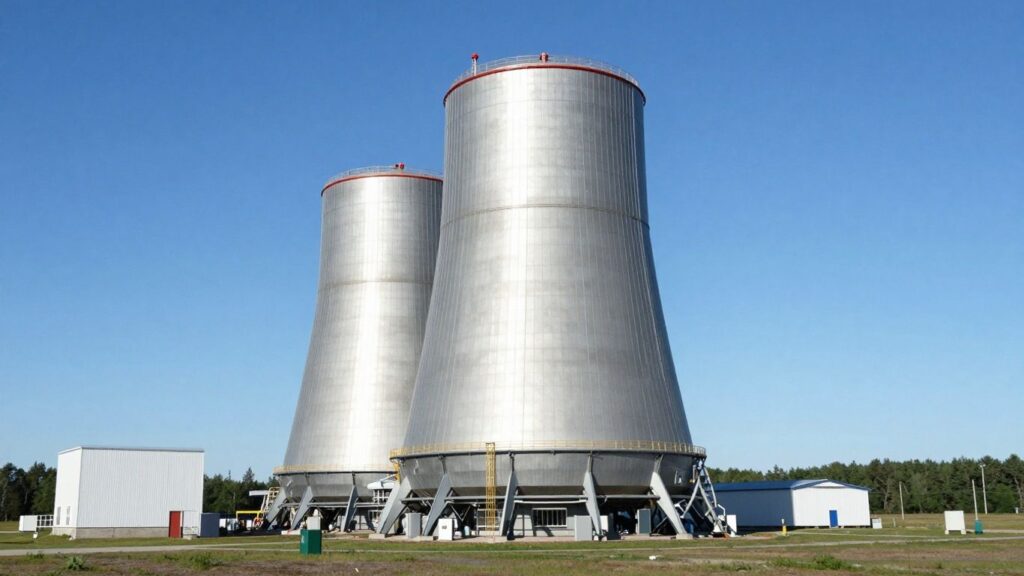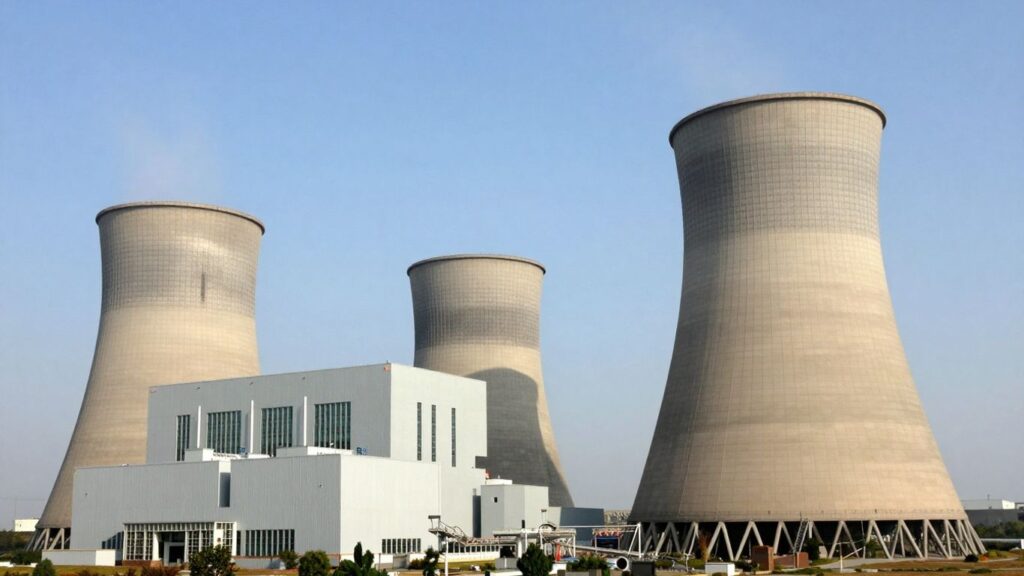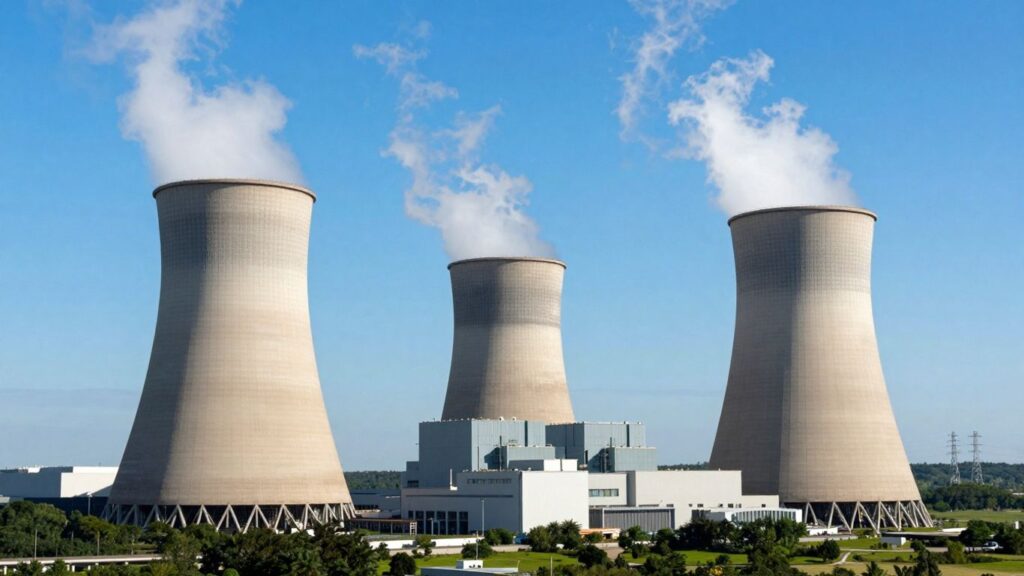Texas is positioning itself to become a national leader in advanced nuclear power, aiming to attract a new generation of reactors to meet its burgeoning energy demands. The state’s strategic push involves legislative support, financial incentives, and the development of specialized infrastructure to foster innovation in nuclear technology.
Texas Aims to Lead Nuclear Energy Development
Texas is actively pursuing a future powered by advanced nuclear reactors, a move driven by the state’s significant energy consumption and its ambition to lead in clean energy solutions. This initiative seeks to attract companies developing next-generation nuclear technology, promising a cleaner and more reliable energy future.
Key Takeaways
- Texas is actively working to become a hub for advanced nuclear reactor development.
- The state plans to offer financial incentives, including low-interest loans, to support nuclear projects.
- New reactor designs are smaller, more efficient, and potentially safer than traditional models.
- Texas aims to streamline regulatory processes to accelerate deployment.
- Projects are planned for various industrial applications, including data centers and oilfield infrastructure.
Advancements in Reactor Technology
The focus is on "advanced nuclear reactors," which differ significantly from traditional designs. These new reactors often utilize alternative cooling systems, such as molten salt or gas, instead of water. This allows them to operate at higher temperatures and lower pressures, theoretically increasing energy output and enhancing safety by reducing the risk of leaks or explosions. Many are also designed to be small and modular, enabling factory production and easier on-site installation.
State Initiatives and Support
Governor Greg Abbott has directed state agencies to study and promote the development of advanced nuclear power. Lawmakers are considering measures to make billions of dollars in public financing available for new nuclear projects. Recommendations include creating a dedicated state authority for nuclear projects and a nuclear permitting officer to streamline approvals. A proposed nuclear loan program would mirror the successful Texas Energy Fund, which supports natural gas power plants.
Strategic Deployment and Applications
Several companies are already planning deployments in Texas. Natura Resources is developing a small molten salt reactor in Abilene, with plans to power oilfield infrastructure in the Permian Basin and purify oilfield wastewater. Dow Chemical plans to install X-energy reactors at its Seadrift complex. Texas A&M University is establishing an "Energy Proving Ground" to host commercial-scale reactors from companies like Natura, Kairos Power, Terrestrial Energy, and Aalo Atomics.
Addressing Challenges and Future Outlook
While the state is enthusiastic, challenges remain. Critics raise concerns about the use of public funds for private, experimental projects and the long-term management of nuclear waste. However, proponents argue that advanced nuclear power is essential for meeting Texas’s growing energy demands while maintaining clean air and a reliable grid. The success of these initiatives hinges on continued investment, regulatory efficiency, and public acceptance.












